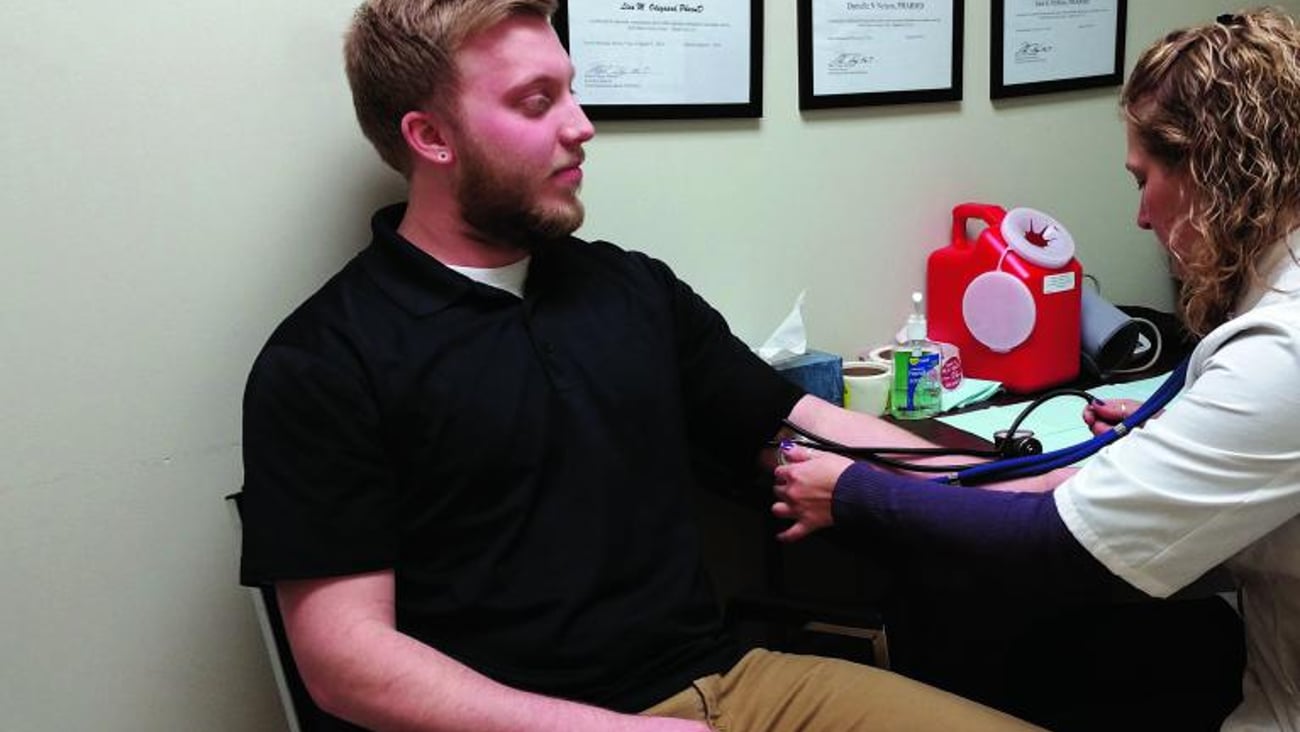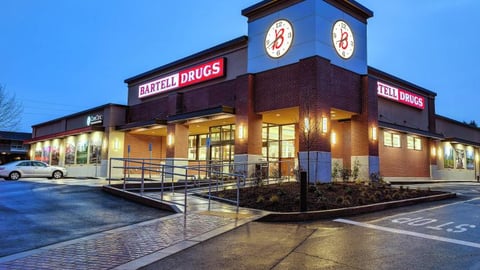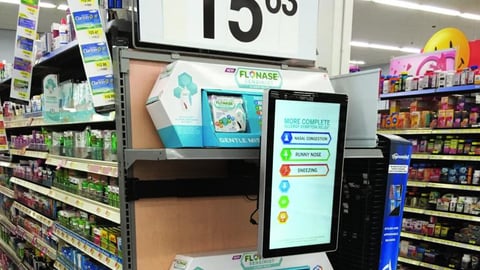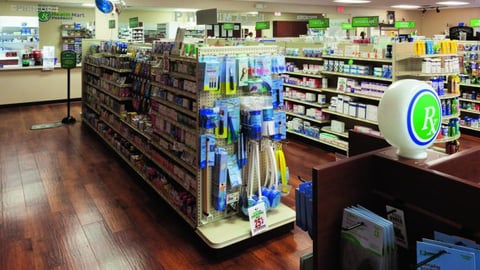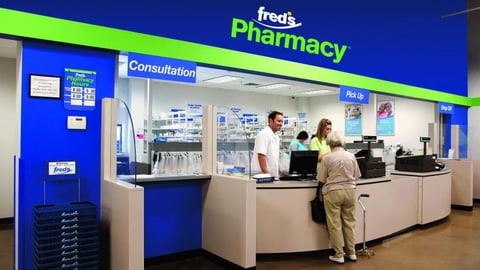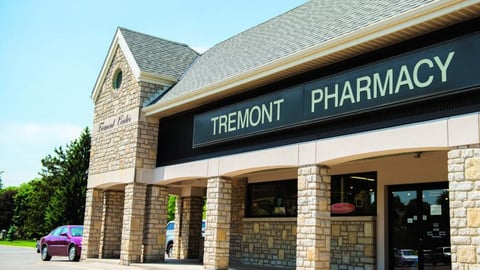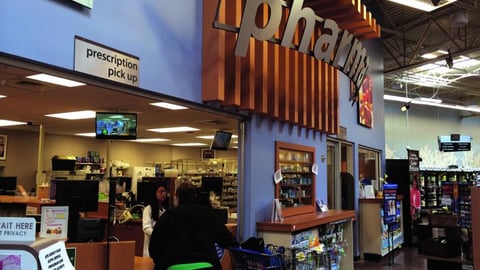-
2017 looks brighter for efficiency of FDA-drug approval process
Although 2016 saw the Food and Drug Administration approve only 22 new drugs compared with 45 approvals in 2015 and the lowest tally since 2010, many in the pharmaceutical arena remain optimistic that this year will see a reversal of that trend.
The passage of the 21st Century Cures Act last winter and the number of drugs already approved by the FDA this year, they said, give hope to 2017 being a banner year for innovative new therapies hitting the market.
-
Provider status bill making major strides
This could be the year.
Movement again is occurring in Congress on legislation that would confer professional provider status on pharmacists serving millions of older Americans in many parts of the country. Undimmed by a change in presidential administrations, the ascendancy of Republican lawmakers in both houses of Congress and the ongoing polarization and bitter divide of Washington politics, support for passage of a provider status bill remains strong on both sides of the aisle, following its reintroduction early this year.


